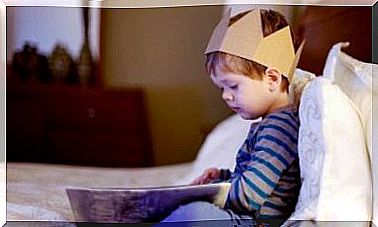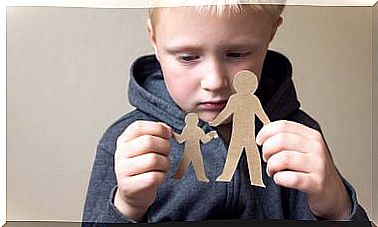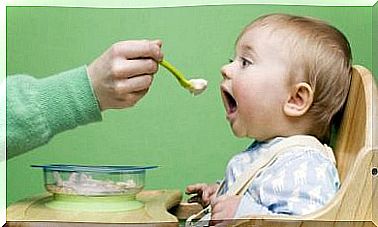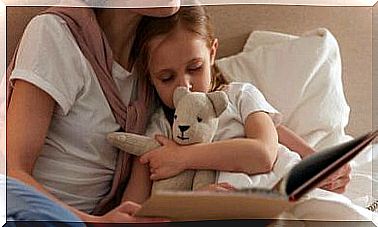The Most Common Sleep Disorders In Children And Their Prevention
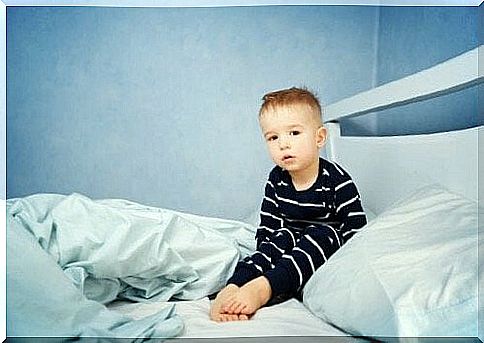
Sleep is extremely important for anyone, and especially for a child, as rest promotes growth and healthy development. It is therefore advisable to avoid anything that may adversely affect the amount and quality of sleep. It is important that parents identify the most common sleep disorders in children and understand their causes.
When it comes to children’s sleep problems, parents are often worried about the slightest inconvenience. Many parents also strive to provide their child with a healthy diet, appropriate activities, and medical care to promote sleep. To promote good sleep, it is important to be aware of the most common sleep disorders in children.
The most common sleep disorders in children
The most common sleep-related problems in children affect sleep either directly or indirectly:
- Insomnia: For some reason, a child is unable to sleep properly.
- Narcolepsy: The child gets tired during the day or sleeps for long periods of time.
- Abnormal behavior during sleep: These include sleepwalking, sleep apnea, REM sleep disorders, nightmares, and nighttime horror attacks.
- Poor sleep-related habits: Disruption of the biological circadian rhythm or poor lifestyle.
Medical causes of sleep disorders in children
Some common sleep problems in children are related to illness, and the most common such disorders are:
- Allergies: These interfere with a child’s normal sleep rhythm and cause unstable sleep.
- Pains: Severe discomfort can prevent good sleep.
- Incontinence: This means urinary incontinence during sleep. A visit to the doctor is recommended if the child is unable to control his or her own bladder by the age of 5. In this case, the problem may be related to a disease, such as diabetes.
- Other illnesses: Headaches, asthma, diabetes, acid reflux, epilepsy or long-term illnesses can all interfere with a child’s sleep.
- Medications: Depending on their composition, medications can interfere with a child’s sleep.
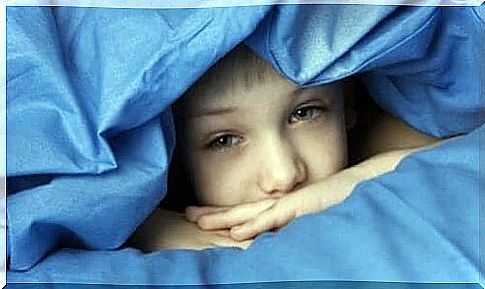
How many hours of sleep does a child need?
People of different ages need different amounts of sleep, and it is important for parents to know if the child is sleeping the right amount for their own age. The hours slept do not have to be consecutive, but the child can sleep many lengths during the day.
Naturally, in certain situations, these needs vary. It is important to respect the habits and amounts of sleep to the best of our ability. The amount of sleep children need by age group is as follows:
- 0-3 months old: 14-17 hours
- 4-11 months of age: 12-15 hours
- 1-2 years: 11-14 hours
- 3-5 year olds: 10-13 hours
- 6-13 years: 9-11 hours
- 14-17 year olds: 8-10 hours
Prevention of common sleep disorders in children
There are some things parents can do to avoid common sleep problems with their child. The following advice is suitable for the breast-feeding phase up to the age of the brochure:
- Don’t get your child used to being addicted to something specific about sleep. Examples are the baby bottle and the pacifier, and such addictions cause the child to be unable to fall asleep without that familiar thing.
- Create a pleasant sleeping environment for your child. At night, parents should post a safety message to keep the child calm at bedtime.
- Get him used to sleeping alone. When a child sleeps with his or her parents, he or she may wake up more. Therefore, this habit needs to be omitted even when the child is small.

- Help your child form a daily sleep routine. Examples of good habits include a little dinner, brushing your teeth, putting on your pajamas, and reading a story. You can also put on a bedside light.
- Set a firm bedtime.
- Try to encourage the child to fall asleep on their own.
- Try to prevent hyperactive behavior in the evening – so don’t let your child play video games, play sports or watch TV.
What to do if a child develops a sleep disorder?
Some recommended remedies include banning long naps, giving sleep-promoting foods, and avoiding foods high in sugar or caffeine. It would also be worthwhile to message the child with a sense of security and avoid giving so much to drink that he wakes up at night in a toilet emergency.
It is extremely important that the child is given proper rest according to the need of their own stage of development. All of this should take place in a peaceful environment where conditions have been made optimal to promote a child’s healthy sleeping habits.
If you suspect your child’s problems are due to medical reasons, you should, of course, see a pediatrician to make sure there is no illness or other serious problem.

